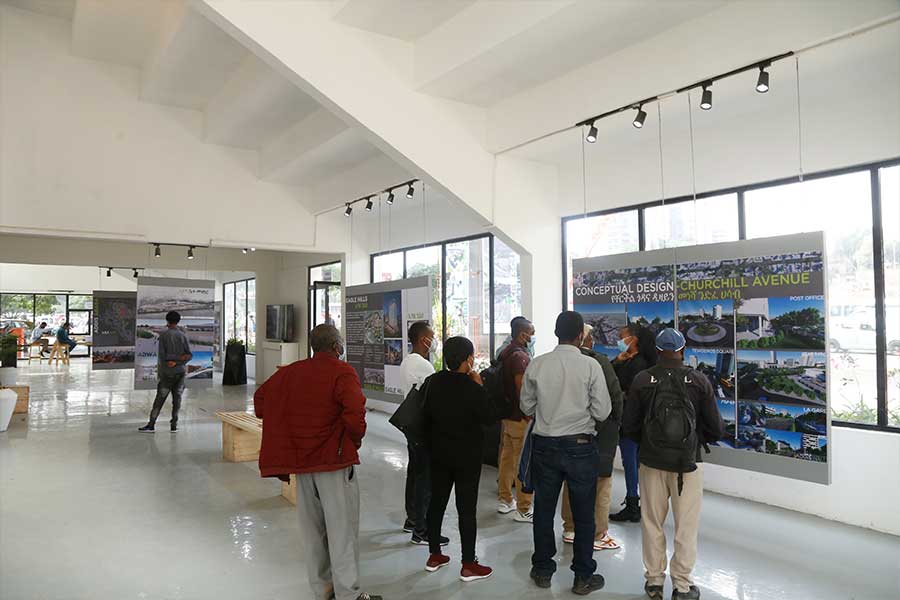
Radar | Jun 27,2020
Solomon Desalegn (MD) graduated in medicine from Saint Paul’s Hospital Millennium Medical College in 2017. Shortly after completing his studies, Solomon was able to secure employment at Saint Paul’s Hospital, where he started his medical career and was aspiring to be a gynecologist. However, work at Saint Paul’s exposed him to the unfortunate reality of healthcare in Ethiopia.
“At St. Paul’s, I saw between 35 and 40 patients per day. This meant I couldn’t spend more than five minutes with each patient, or else others would have to go home without treatment. I was dissatisfied with this system,” Solomon stated, highlighting the void he felt in his ability to genuinely assist patients.
A few months after Solomon started working, a close friend of one of his teachers was admitted to St. Paul due to a stroke. After their discharge, the teacher requested that Solomon follow up on the patient by visiting him at home.
“There are a lot of things that go into taking care of a person after they suffer from a stroke, and the family was inexperienced and wanted professional help,” he added.
After Solomon’s initial visit, the family requested that he regularly come to their home and provide personalized care for their family member.
“At first, I was a bit hesitant because I was doing it as a favor, but they convinced me, and the pay was good. I started visiting the patient two or three times a week, and the patient’s health began to improve, which really motivated me and made me happy,” said Solomon.
“Furthermore, the patient started recommending me to others, and that’s how I became the doctor who goes to patients’ homes,” he added.
From this humble beginning, Lifeline Addis was launched as a legally recognized, full-fledged business specializing in home health care services four years ago by Solomon and his two friends, Kaleab Getachew (MD) and Yonas Kifle (MD).
Today, Lifeline Addis has three full-time general practitioners, 17 full-time nurses, and psychotherapists. Additionally, 50 health professionals work with Lifeline as gig workers, providing service on a demand-based basis.
Lifeline Addis Homecare Services
Lifeline Addis provides three types of home care services: the first one is home care for patients who suffer from hronic illnesses, such as cancer, diabetes, and stroke. These patients usually require nursing care for medication administration, feeding, bathing, changing diapers, and clothing.
“Our nurses are available for 12-hour shifts, and they visit patients’ homes to provide care. Doctors also make regular visits once or twice every two weeks to ensure there are no infections or other complications. If laboratory tests are required, samples are taken from the patients’ homes,” explained Solomon.
The second package provided by Lifeline Addis is the Wellness Package, which focuses on preventative care.
“A team consisting of a doctor, nutritionist, and exercise counselor goes to the homes of our clients and provides check-ups on a monthly, quarterly, or annual basis, depending on the chosen package. The check-ups can also cover the entire family. Hospitals in Ethiopia are not always accessible or inviting for wellness visits, so we bring the care to their homes,” added Solomon.
He further emphasized their active efforts to promote these packages, citing an example where individuals in the diaspora can conveniently purchase them for their loved ones back home, ensuring their health receives adequate attention.
The last service Lifeline provides is the supply of medical equipment, such as patient beds, wheelchairs, oxygen cylinders, suction machines, and blood pressure cuffs. Solomon acknowledges that this is not their main business focus.
“This is not something we initially planned to be involved in. However, when it comes to supplies that are critical for people’s lives, we cannot solely rely on third parties. That’s why we started supplying equipment to our patients,” Solomon explained.
How Families Can Use Lifeline Addis’s Services
When families want Lifeline Addis professionals to come to their home, they simply call Lifeline Addis, which promptly arranges for a doctor to conduct an initial visit. Based on this diagnosis, a personalized treatment plan for the patient is crafted.
The number of nurse and doctor visits is determined by this diagnosis. Doctor home visits from Lifeline Addis cost between 1,500 and 2,000 birr, while nurse visits cost approximately 700 birr for a 12-hour shift.
Solomon acknowledges that Lifeline Addis prices are somewhat high but emphasizes that the focus is on quality.
“A nurse will mostly stay with the patient for a full 12 hours, providing care, engaging in activities, and attending to their needs. Families pay for this dedicated and comprehensive service throughout the entire day,” Solomon explains.
“Furthermore, prices at private hospitals are also quite expensive. The average hospital stay for a single day alone can cost more than 5,000 birr without additional expenses. This can be quite unaffordable for most, as patients with chronic illnesses might need care for several months,” he added.
Meanwhile, Lifeline’s wellness packages range in cost from $50 to $250 USD. The $50 package provides
a once-a-year complete medical checkup and comprehensive laboratory test, while the $250 package
includes 12 monthly doctor visits per year and quarterly laboratory tests.
The Future of Lifeline Addis as a Leading Healthcare Gig Platform
Lifeline recently joined Mesirat , a collaboration between the Mastercard Foundation and Gebeya Inc. This program, launched in March 2023, aims to empower 100 entrepreneurs in Ethiopia by providing them with their own multi-sided gig marketplaces.
Out of the various gig marketplace platforms in Ethiopia, Lifeline Addis was chosen to work with the program. With the support of Mesirat, Lifeline aims to create 10,000 jobs and establish itself as a xpremier health gig platform in Ethiopia.
In Ethiopia, there is no shortage of health professionals; however, they are often underpaid. Solomon explains, “We want to create the market first before adding a lot of other gig workers to the platform.” “We will receive technology support, marketing assistance, training, and capacity building from Mesirat,” he adds.
Lifeline Addis also holds a vision beyond the capital.
“Stroke is a disease that does not differentiate between urban and rural areas or between rich and poor. It affects everyone. We want to reach rural areas and make our services affordable for the public. That is why we aspire to expand to all regions of Ethiopia in the next three years,” said Solomon. Solomon strongly believes that achieving these goals is possible, and he is also optimistic about the home care market in Ethiopia.
“The alternative to home care is either staying at the hospital or relying on family members to provide round-the-clock care for the patient. However, hospitals are costly, and patients often prefer to be at home with their families, which aids their chances of recovery. In addition, by taking on the responsibility, home care services like Lifeline Addis allow family members to focus on other aspects of life,” the doctor added.
PUBLISHED ON
Jul 17,2023 [ VOL
24 , NO
1212]

Radar | Jun 27,2020

Fortune News | Nov 13,2021

Agenda | Mar 07,2020

Radar | Jul 31,2021

Viewpoints | Dec 11,2021
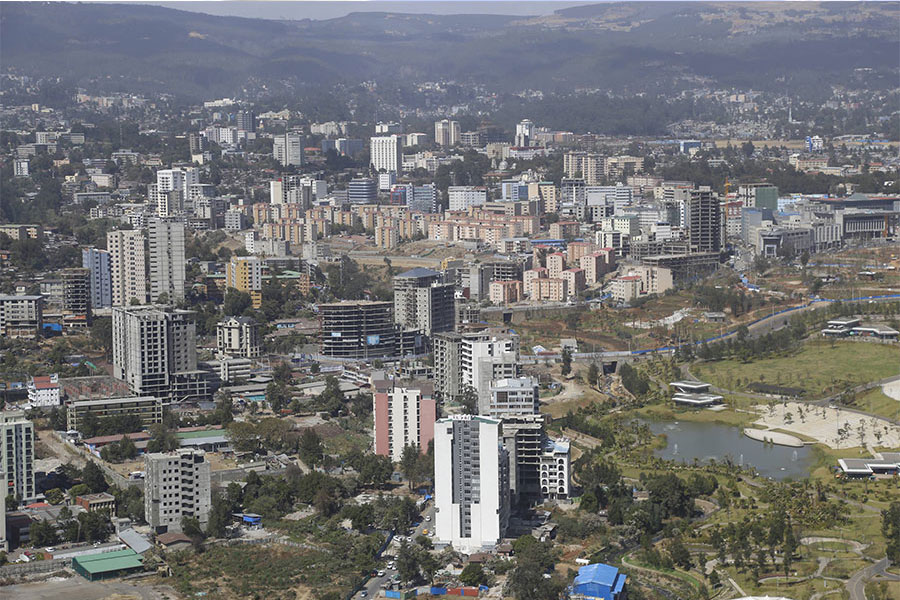
Fortune News | Dec 09,2023

Editorial | Jun 07,2020
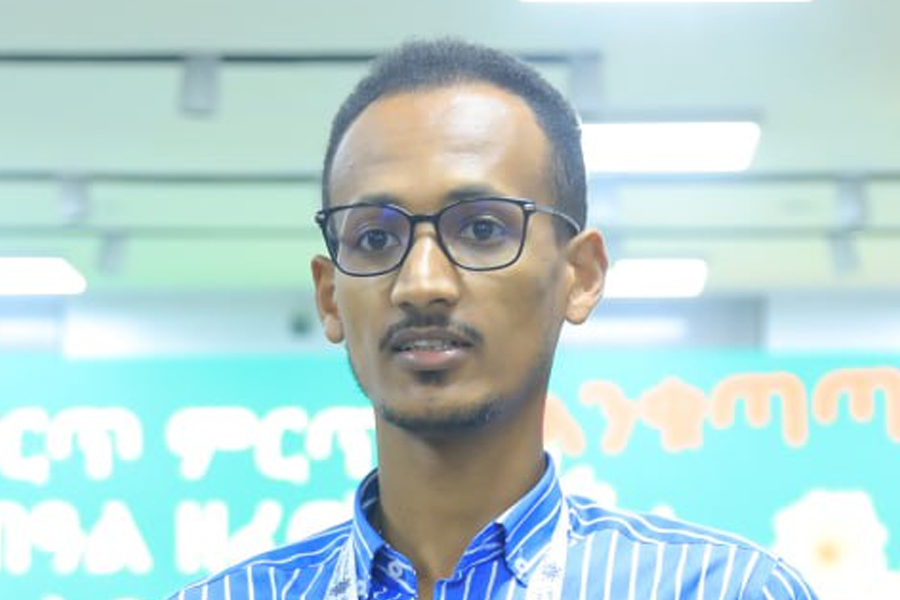
Fortune News | Sep 14,2024
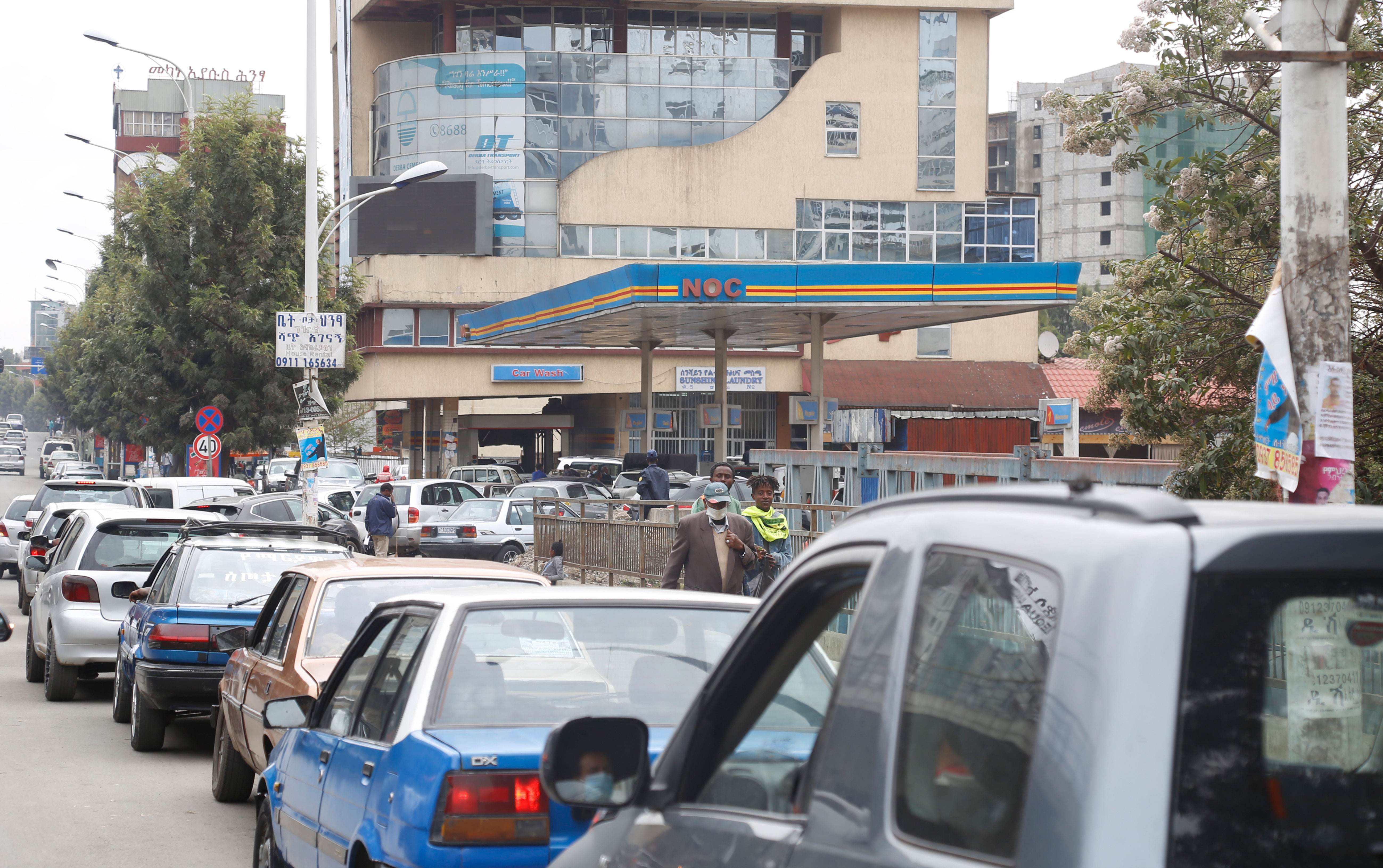
Fortune News | Mar 30,2024
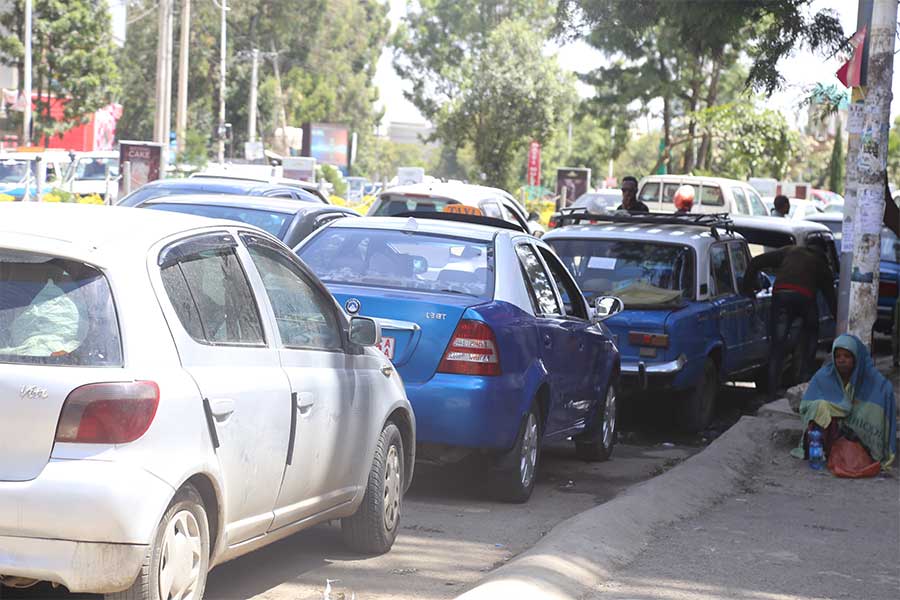
Fortune News | Sep 14,2019

Dec 22 , 2024 . By TIZITA SHEWAFERAW
Charged with transforming colossal state-owned enterprises into modern and competitiv...

Aug 18 , 2024 . By AKSAH ITALO
Although predictable Yonas Zerihun's job in the ride-hailing service is not immune to...

Jul 28 , 2024 . By TIZITA SHEWAFERAW
Unhabitual, perhaps too many, Samuel Gebreyohannes, 38, used to occasionally enjoy a couple of beers at breakfast. However, he recently swit...

Jul 13 , 2024 . By AKSAH ITALO
Investors who rely on tractors, trucks, and field vehicles for commuting, transporting commodities, and f...

Jul 5 , 2025
Six years ago, Ethiopia was the darling of international liberal commentators. A year...

Jun 28 , 2025
Meseret Damtie, the assertive auditor general, has never been shy about naming names...

Jun 21 , 2025
A well-worn adage says, “Budget is not destiny, but it is direction.” Examining t...

Jun 14 , 2025
Yet again, the Horn of Africa is bracing for trouble. A region already frayed by wars...